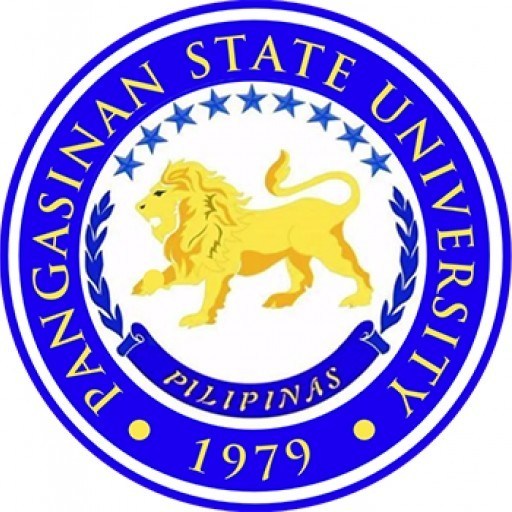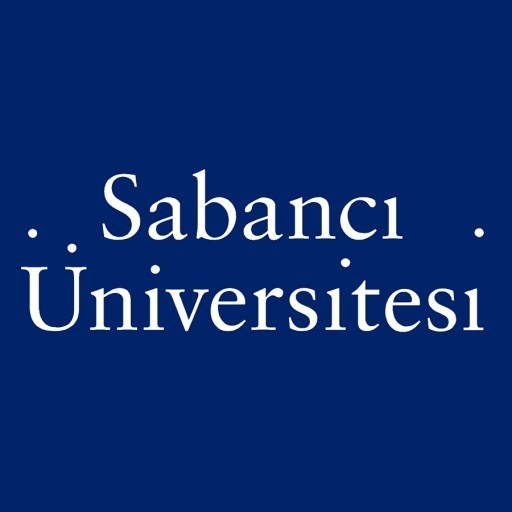Photos of university / #imperialcollege
The MRes in Bioengineering will prepare you for a research career in Bioengineering and aims to:
- produce postgraduates equipped to pursue careers at the interface between the physical, biological and medical sciences in academia, industry, the public sector and non-governmental organisations
- develop the ability to undertake research in multidisciplinary teams at this interface
- develop research and analytical skills related to bioengineering
- develop oral and written scientific presentation skills
- provide an experience which is intellectually stimulating, enjoyable, and meets students’ needs
- provide a solid foundation for those intending to go on to study for a PhD
The course involves lectures and practical work in the first term, followed by full-time work on a research project. A variety of seminars and workshops are provided to deepen and broaden your research skillbase. The course will prepare students to analyse and solve problems in bioengineering using an integrated, multidisciplinary approach.
As part of your studies you will undertake a number of modules and workshops to provide you with skills useful for your research project. These modules are largely in Term 1 but may extend into Term 2 (depending on the options chosen). The modules taken will total 20 units.
You will take the following core modules:
- Computational Methods for Bioengineering (4 units)
- Statistics and Data Analysis (6 units)
- MRes Journal Club (2 units)
- Seminars (2 units)
Plus two or more optional modules from a selection including:
- Optical Imaging Techniques (2 units)
- Techniques in Molecular Bioengineering (4 units)
- Courses from the MSc in Biomedical Engineering (4 units each)
Examples of modules from the MSc course include:
A concise summary of the MRes can be found in the programme specification
- Advanced medical imaging
- Biomechanics
- Brain machine interface
- Cellular biomechanics
- Computational neuroscience
- Human neuromechanical control and learning
- Image processing
- Introduction to biomaterials
- Machine learning and neural computation
- Orthopaedic biomechanics When modules from the MSc in Biomedical Engineering are taken as part of the MRes, the exam is replaced by a short report.
You will choose your research project within the first 2 weeks of Term 1, and work on it throughout the year as well as continuing with the Seminar modules. In Term 3 you will present your preliminary research results at a Departmental Poster Day and continue to work on your research project, with submission of the MRes thesis in September.
The minimum qualification for admission is normally at least an Upper Second Class Honours degree
in a Physical, Engineering, Mathematical, or Life/Biomedical Sciences-based subject from an UK
academic institution or an equivalent overseas qualification.
Processes used to select students:
The MRes in Bioengineering will be advertised on the Department of Bioengineering web page, on
posters distributed to relevant academic departments, and on FindAMasters.com. Shortlisting will be
carried out by the Department of Bioengineering’s Postgraduate committee (the Director of
Postgraduate Studies (Research), the Deputy Director of Postgraduate Studies, the Director of
Postgraduate Studies (Taught), the Deputy Director of Research, and the Postgraduate Tutor). Places
will be offered to the highest ranked candidates.
Before making an application, you need to contact potential research project supervisors, to ensure that there is a suitable project available for you.
You can also take this course as the first year of a 4-year PhD programme.
Imperial College London works closely with employers and industry, including Industrial Advisory Panelsto design Master’s courses which provide graduates with technical knowledge, expertise and transferable skills and to encourage students to take internships and placements. All Master’s courses are designed with employer needs in mind with some Master’s courses accredited by Professional, Statutory and Regulatory Bodies. Most Master’s courses offer an opportunity to carry out research projects in industry.










